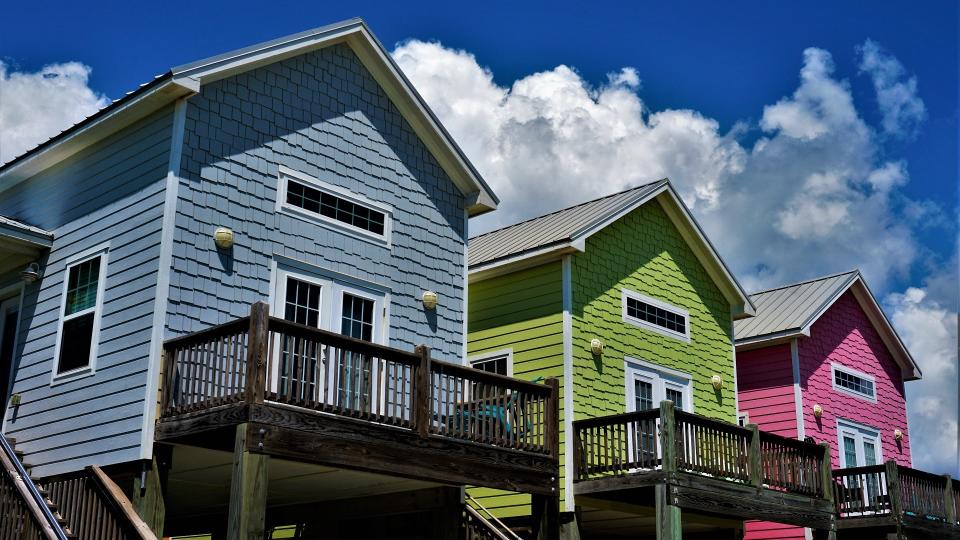4 Reasons Waterfront Rental Property is a Good Investment (and Some Reasons Why It’s Not)

While buying a home is getting more complicated (and pricier) due to inflation, rising interest rates and low inventory, buying a vacation home could be fruitful. More specifically, buying a waterfront rental property could be an even more attractive prospect.
See: How Long $250,000 Will Last in Retirement in Each State
Find: Should You Still Buy a Home in Today’s Market?
A new report by Vacasa finds that waterfront markets are tops this year. According to its 2022 Vacation Rental Buyer Report, short-term rental buyers are most interested in beach markets, up 10% from 2021. “Sunny beaches” dominated the 10 most-searched locales in Vacasa’s 2022 Vacation Rental Search Report.
There are many pros to buying a waterfront property and Rocket Mortgage notes that, for example, the level of scarcity of lakefront real estate combined with the high demand for these properties could result in a “wise investment.”
However, be sure to have the home inspected by experts to make sure the waterline is not rising — just one potential investment pitfall.
“If your home is in a desired area, built well and on sustainable land, then the chances of its value increasing are high,” according to Rocket Mortgage.
You may want to arm yourself with patience, however. In terms of deriving rental income from waterfront properties, iGMS warns that it’s “by no means a get-rich-quick investment.”
“It takes time and money to run a successful vacation rental business. However, once you hit your stride, the investment can be highly lucrative,” per iGMS. The amount of rental income varies according to several factors, including the size, the location and the amenities of the house. iGMS estimates that successful beach house vacation rentals could typically earn anywhere from $20,000 up to $50,000 in yearly rental income.
Renters, Travelers Prefer Renting a Beach House
An additional advantage of buying a beach house is that it’s easier to market.
“Having the luxury of adding ‘beach house’ to your listing title and description and including enticing images of the sea in your listing will stand out among the competition and get travelers clicking on your listing,” iGMS details. In addition, a beach property increases in value over time and could even appreciate faster than traditional properties, iGMS suggests, adding that “this means that even if you decide to sell your property after a few years, you should still be able to get great resale value for it.”
What About the Potential Downsides of Investing in a Waterfront Rental Property?
A hungry renter base, relative scarcity of such properties, potential for ramped-up appreciation, and ease of marketing the rental all combine to make waterfront property a hot topic among investors.
In terms of cons, there are few — namely that rental income will depend on the location and the season. “The location would have to be tourism-friendly to contribute to the overall offering,” iGMS warns.
Additional cons to investing in a waterfront rental property are the higher insurance fees, maintenance costs and taxes.
Discover: 5 Things To Always Buy at Costco
More: 8 Purchases Retirees Almost Always Regret
Waterfront properties tend to be more at risk of weather damage and flooding — in turn, homeowners insurance will be more expensive. In the same vein, being close to the ocean could lead to a higher likelihood of property damage. This scenario could translate into high maintenance costs.
More From GOBankingRates
This article originally appeared on GOBankingRates.com: 4 Reasons Waterfront Rental Property is a Good Investment (and Some Reasons Why It’s Not)

 Yahoo Movies
Yahoo Movies 